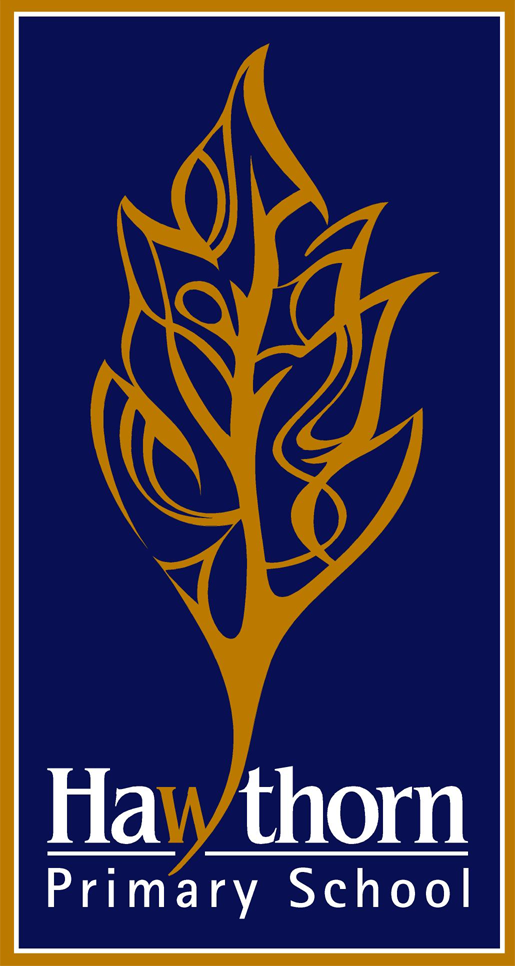At Hawthorn we give our children a curriculum that gives them the basic skills they need to be ready for the next stage of education at secondary school, the key skills they need for life and work, and a love for learning and finding things out. We want children to be excited about coming to school.
The curriculum is planned according to the children’s needs, within the new National Curriculum 2014 framework. Children are involved in the initial discussions about their termly or half-termly topics so that their interests and needs can be met. We follow a thematic curriculum approach so that children can see how links can be made within and across the wider curriculum.
With the children, the class teacher identifies aspects of the topic given that they would like to focus on over the duration of their learning. From these initial discussions, the teacher is then able to devise a topic web that illustrates a thematic approach to the topic. Opportunities for extended writing across the topic are identified so that we can maintain a rigorous focus on developing writing across school.
All topic webs are available on the Class pages so parents can see exactly what their children are doing that term.
We give the children every opportunity to learn in different ways.
Daily plans show the specific National Curriculum objectives being covered and the activities groups of children will be doing to meet these objectives. Plans are flexible and will change as a result of assessment for learning to meet the needs of individual children.
Religious Education is taught discretely and in accordance with the agreed local authority RE syllabus.
Not all subjects will be covered each term but all objectives (from the 2014 National Curriculum) will be covered across the Key Stages.
The curriculum is planned according to the children’s needs, within the new National Curriculum 2014 framework. Children are involved in the initial discussions about their termly or half-termly topics so that their interests and needs can be met. We follow a thematic curriculum approach so that children can see how links can be made within and across the wider curriculum.
With the children, the class teacher identifies aspects of the topic given that they would like to focus on over the duration of their learning. From these initial discussions, the teacher is then able to devise a topic web that illustrates a thematic approach to the topic. Opportunities for extended writing across the topic are identified so that we can maintain a rigorous focus on developing writing across school.
All topic webs are available on the Class pages so parents can see exactly what their children are doing that term.
We give the children every opportunity to learn in different ways.
Daily plans show the specific National Curriculum objectives being covered and the activities groups of children will be doing to meet these objectives. Plans are flexible and will change as a result of assessment for learning to meet the needs of individual children.
Religious Education is taught discretely and in accordance with the agreed local authority RE syllabus.
Not all subjects will be covered each term but all objectives (from the 2014 National Curriculum) will be covered across the Key Stages.
If you would like further information on our curriculum please email the admin account at admin@hawthorn.newcastle.sch.uk to arrange to speak to the relevant subject coordinator - details can be found below.
